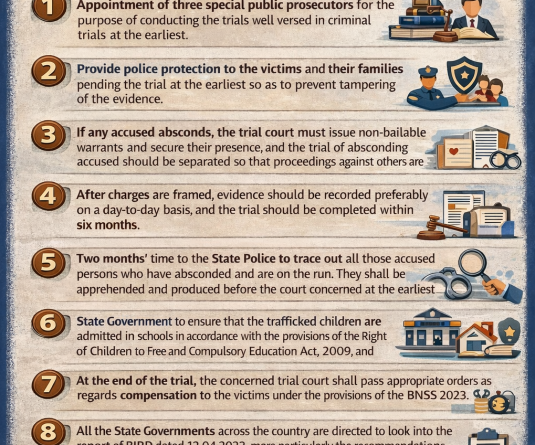
Morung Express News
Kohima | December 14
According to a survey conducted by the Commissioned to the World of Work Network (CWWN) in the nerve center of Nagaland government, 86 percent of employees feel they were not placed according to their calling.
Almost 80 percent of the employees further agreed that they are discouraged by the way things function in the workplace. The survey was revealed on December 14 during an event called Connect 16 held at de Oriental Grande, Kohima, organised by the CWWN, with an aim to foster conversation and forge relationships towards successful purpose of living and work.
In a brief outline of the survey report, Lilly T Metha stated that due to the liberal and humanistic philosophies rule in today’s world, many people cannot accept spiritual morality especially at workplaces and “that there is a pervasive liberality in the way people think and function and many have forgotten to adhere to ethics in their workplaces.” This has created a great divide between the secular and the religious terms of the morality that determines the way things function and work in many workplaces, claimed Metha.
“Even within our own Naga society, we see such wanton abandon as people in many workplaces do away with their Christian consciences. The problem may be that we have developed a spirituality that is based on an experience of God elsewhere-we feel close to God in our quiet time at home, in corporate worship or during retreat, but not at work,” she reasoned.
Metha believed that time has come when one must consider the dangers of indiscriminately separating the sacred from the secular and to find means to bridge the gap.
A discussion and interactive session on the survey was held with panelists Rajesh Soundararajan (IAS), Joint Secretary, Health & Family Welfare Department, and Dr. Hovithal Sothu, Deputy Director, Administrative Training Institute Kohima.
Placing a high regard on the maxim ‘Service to men is service to God,’ Hovithal Sothu asserted that one’s workplace as it is, should be one’s church, temple, or mosque.
“As long as we are able to turn the good virtues of our religion or faith to the good work of what we do, then we have done justice to both our work and our religion,” said Rajesh Soundararajan
Reacting to the report where 86 percent of employees believe that they are not placed in the right workplace, Rajesh viewed that irrespective of one’s career option, employees always have the opportunity whether to continue the job or to switch over to another job; however the employees should also uphold their current workplace and take it as one’s calling.
In the survey, almost 80 percent of the employees agreed that they are often discouraged by the way things function in the workplace to which Hovithal agreed, maintaining that the ones who follow the rules are often sidelined in the current system of governance. “The people that are trained, when they go and face the realities of the government department are just like small drops of water in the desert,” said Sothu, lamenting that many of the employees get drowned into the ‘wrong’ system or in a ‘compromising’ system.
Sample Survey report by CWWN
• I usually identify myself with my designation: 47% agreed
• Where I am placed right now is my calling.: 86% disagreed
• It does not matter whether I make a difference in my workplace: 86% disagreed
• There should be separation of faith and work: 59% disagreed
• I’m uncomfortable about praying or spiritual activities in the workplace: 44% agreed
• Spirituality should be strictly private: 42% disagree, 34% agree
• Faith should not interfere in the workplace: 62% disagreed, 28% agreed
• It is easy to be a disciple of Jesus in the workplace: 35% agreed, 35% disagreed
• I am often discouraged by the way things function in the workplace: 41% agreed, 41% agreed to some extent
• My faith drives me to be faithful and sincere in my work: 76% agreed
• There is no connection between my faith and my dedication to my work: 83% disagreed
• I don’t think there is much I can do to make a difference: 70% disagreed





